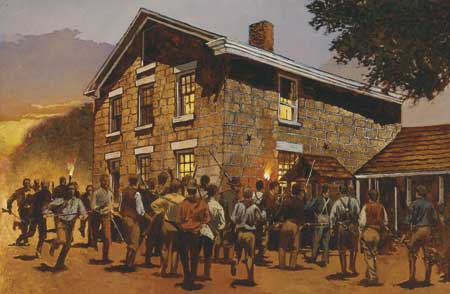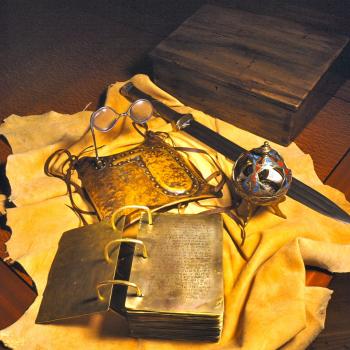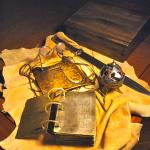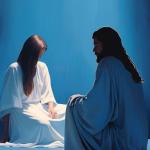
From John W. Welch, et al., eds. Knowing Why: 137 Evidences That the Book of Mormon Is True (American Fork: Covenant Communications, 2017), 4-8.
Chapter 2, “Was the Book of Mormon Used as the First Church Administrative Handbook?” offers a brief but very instructive overview of points of practice and administration that are, today, virtually second nature to Latter-day Saints and very possibly so easily assumed that they’re taken for granted. It’s an impressive list, ranging from insight into the name of the Church and priesthood ordinations by the laying on of hands and the requirement of priesthood authority for baptism, through the prohibition of infant baptism and the manner of administering communion or the sacrament of the Lord’s supper, to praying in the name of Christ and the keeping of records and the paying of tithes and the imperative of missionary work and an unpaid lay ministry.
The chapter aptly quotes John W. Welch as observing that
“The administrative principles embedded in the Book of Mormon are marvelous. When its instructions are assembled and brought together out of their narrative settings, the whole set of instructions is amazingly detailed and effective. The administrative dimension of the Book of Mormon is yet another layer of this miraculous book’s complexity. The Book of Mormon not only reveals the plain precious truths of the gospel but also conveys practical guidelines that work, all around the world, as an effective and dynamic church order.”
Chapter 3 is titled “What Does It Mean to Be a Martyr?” It discusses the last hours of the lives of Joseph and Hyrum Smith in Carthage Jail. I think it important to remember that, during those last hours, when Joseph apparently knew and Hyrum certainly must have suspected that they were about to die, they were thinking of, bearing witness to, and taking comfort from the Book of Mormon.
Hyrum, for example, read Ether 12:36-38 aloud shortly before the murderous mob descended on the jail — see the account given in Doctrine and Covenants 135:4-5 — “and turned down the leaf upon it”:
And it came to pass that I prayed unto the Lord that he would give unto the Gentiles grace, that they might have charity.
And it came to pass that the Lord said unto me: If they have not charity it mattereth not unto thee, thou hast been faithful; wherefore, thy garments shall be made clean. And because thou hast seen thy weakness thou shalt be made strong, even unto the sitting down in the place which I have prepared in the mansions of my Father.
And now I, Moroni, bid farewell unto the Gentiles, yea, and also unto my brethren whom I love, until we shall meet before the judgment-seat of Christ, where all men shall know that my garments are not spotted with your blood.
And Dan Jones, a relatively recent convert who was later a great missionary in his native Wales and who had been a fellow-prisoner with Joseph and Hyrum in Carthage until his release on the morning of the murders, recalled that “Joseph bore a powerful testimony to the guards of the divine authenticity of the Book of Mormon.”
Along with Elder Jeffrey R. Holland — see and listen to Elder Holland’s powerful testimony here — I find it virtually inconceivable that they would have sought such comfort and borne such witness knowing the Book of Mormon to be a lie.












